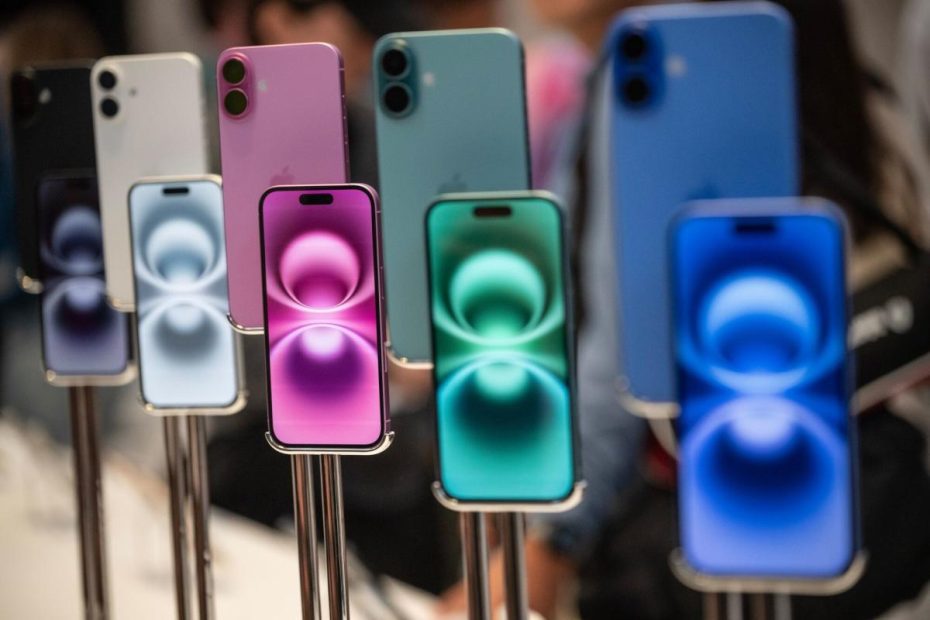(Bloomberg) — Indonesia said it has received an enhanced investment offer worth $1 billion from Apple Inc., in the tech giant's latest bid to ban the sale of iPhone 16 devices in the Southeast's largest economy. -to abolish Asia.
Most read from Bloomberg
The Indonesian government and Apple have considered this number as a “first phase” of spending, Investment Minister Rosan Roeslani told lawmakers on Tuesday, adding that he expects to receive a written commitment letter from the company within a week.
“We want to see fairness,” Roeslani said. “You get benefits here. You invest here and create jobs.”
If confirmed, it would represent a tenfold increase over Apple's last offer of $100 million. The initial bid was an even smaller $10 million for a factory that makes accessories and components in the city of Bandung, just outside the capital Jakarta, Bloomberg News previously reported.
Indonesia banned the sale of Apple's flagship iPhone 16 devices, saying it would not meet domestic content requirements for smartphones and tablets. The Cupertino, California-based company had pledged to invest 1.7 trillion rupiah ($107 million) in developer academies across Indonesia in 2023, but fell short by about $10 million.
Roeslani doubled down on the government's earlier demand that Apple offer Indonesia a better deal than Vietnam, where it has funneled about $15 billion into manufacturing facilities. “Their investment needs to be bigger,” he said.
Industry Minister Agus Gumiwang Kartasasmita, whose office imposed the iPhone 16 ban, said last month that his top priority was to get Apple to open a local factory, similar to other phone makers such as Samsung Electronics Co. and Xiaomi Corp.
If Apple produces its devices locally, it would create a ripple effect of investment in related sectors and create more jobs, Roeslani said. “The most important thing is that the global value chain will move towards us,” he said.
Indonesia has a long track record of cracking down on companies to seek more investment and protect domestic industries. The government has banned ByteDance Ltd.'s TikTok. forced to split its retail function from its social media platform, in an effort to protect the retail sector from cheap Chinese-made goods. The country has also banned the export of raw materials such as nickel to encourage companies to process minerals onshore and develop local battery factories.
The intensified drive for investment comes as newly installed President Prabowo Subianto aims to achieve 8% economic growth in his five-year term. Gross domestic product grew just 4.95% last quarter, the slowest pace in a year, while factory activity and consumption weakened.

